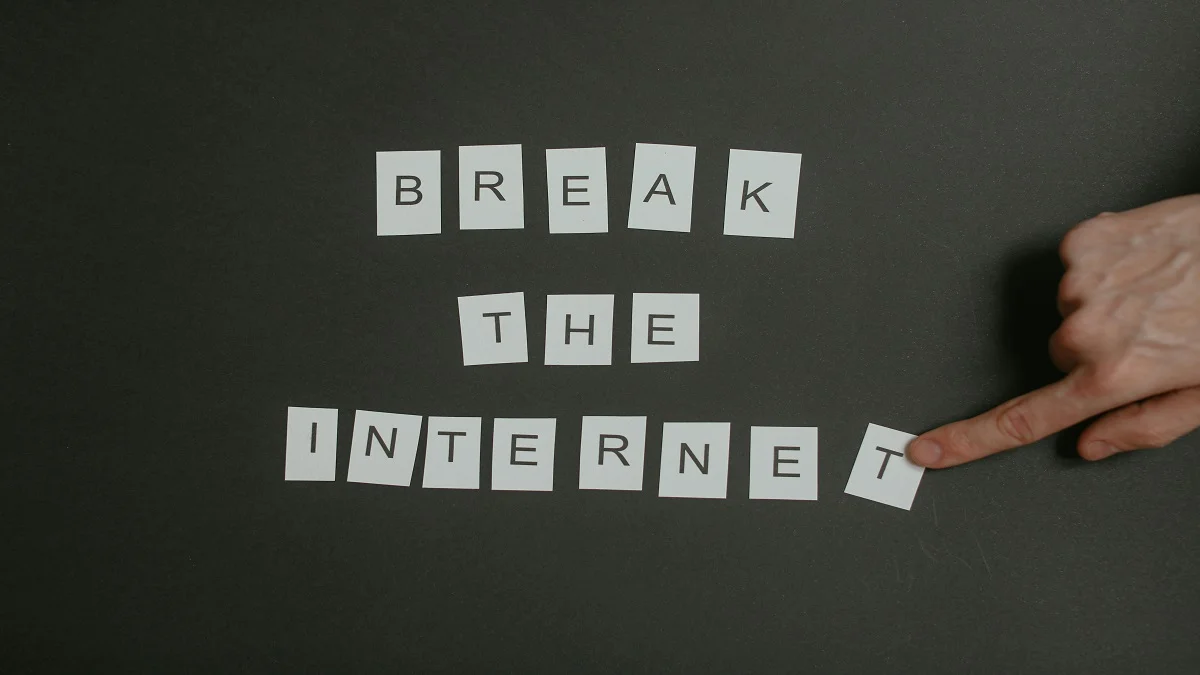A Decline in Immediate Action
In our tech-centric era, the natural instinct to help during crises is diminishing. Where emergencies once triggered immediate calls for help or physical assistance, today’s bystanders often reach for their phones to record events instead of offering aid.
How Social Media Alters Our Reactions
Smartphones have revolutionized communication but created a troubling paradox. Witnessing a crisis now often becomes an opportunity to create content rather than a call to act. The pursuit of likes and validation can override our moral duty to help.
The Ethical Responsibility to Act
Helping those in distress has always been a universal value. The Quran emphasizes, “Whoever saves a life, it is as if he has saved all of humanity.” This teaching reminds us to put compassion above the allure of online attention.
Consequences of Inaction
Choosing to record rather than assist can have serious consequences—morally, socially, and legally. This apathy reflects poor judgment and could even be interpreted as negligence, especially when lives are at stake.
Building a Culture of Action
To reverse this trend, society must cultivate a mindset where action takes precedence over observation. Education on crisis response and community-based initiatives can empower individuals to act decisively rather than passively document emergencies.
Reclaiming Our Humanity
In times of crisis, every second matters. By prioritizing compassion and rediscovering our instinct to help, we can foster a culture of proactive care. The true measure of our humanity lies not in what we record, but in the lives we save.




